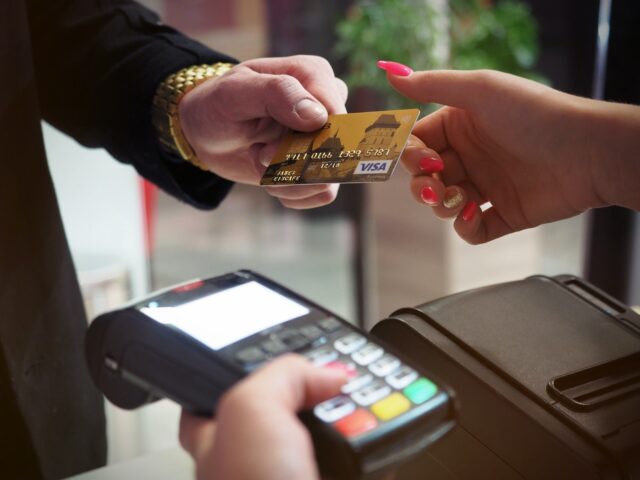
According to the Federal Reserve, there were more than 755 million active credit cards in the United States. While credit cards can be helpful tools for building your credit history and earning rewards, they can also lead to debt if you’re not careful. This article will discuss expert tips for using your credit card wisely and saving money to avoid debt.
What Is The 15/30 Rule For Credit Cards?
If you’re new to credit cards, it’s crucial to understand how they work before you start using one. Credit cards are a type of loan, and when you use your credit card to make purchases, you’re borrowing money from the credit card issuer. You’ll need to repay the money you borrow plus interest and fees.
Although it may sound like a good idea to use your credit card for everything so you can earn rewards, it’s essential to be mindful of your spending. One rule of thumb is the 15/30 rule, which suggests keeping your credit card balance at or below 15% of your credit limit and paying off your balance in full every month.
This will help you avoid paying interest on your credit card balance and help you keep your debt under control. If you are not mindful of your spending, you might end up with a lot of debt that will be difficult to pay off. It is essential to use your credit card wisely and not overspend.
Having issues with your credit card issuer can result in debt, so keep your balance low and pay off your balance in full every month. Speaking with a Houston Credit Card Lawyer for advice and assistance if you have any problems is a great way to keep your debt under control.
This will also help ensure your credit score is not negatively affected by high credit card balances.
How To Use Your Credit Card Wisely
It has been a lifestyle for most people to use credit cards for daily expenses. However, this is not the wisest way to use your credit card. If you only make the minimum payment on your credit card, it will take you a long time to pay off your debt, and you will end up paying more interest and fees.
Pay Off Debt Monthly
To avoid this, you should make it a habit to pay off your credit card debt monthly. This will help you save money on interest and fees and help you get out of debt faster. It’s also important to only charge what you can afford to pay off each month, so you don’t have a balance.
Set Your Budget
When you know how much you have to spend each month, it’s easier to stay within your means and not overspend. You can use a budgeting app or spreadsheet to track your income and expenses, so you always know how much money you have to spend.
If you’re consistently spending more than you can afford, it’s time to reevaluate your budget and make some changes. Maybe you need to cut back on your expenses or find a way to earn more money. Whatever the case, making changes to your budget will help you get control of your finances and avoid debt.
Spend 30% Or Less Of Credit Limit
This will help you improve your credit score and avoid paying interest on your balance. If you can’t pay off your balance in full each month, make sure you at least make the minimum payment, so you don’t damage your credit score.
Interest-Free Financing Offers
Many stores offer interest-free financing offers for major purchases. These offers can be tempting, but you should ensure you can afford the monthly payments before signing up for one. If you can’t afford the payments, you’ll end up paying more interest and fees than if you just paid for the purchase with your credit card.
Rewards Credit Cards
If you use your credit card wisely, you can save money by using a rewards credit card. These cards offer cash back or points for every dollar you spend, and you can use these rewards to offset the cost of future purchases. Just be sure to pay off your balance in full each month, so you don’t end up paying interest.
Avoid Cash Advance
Cash advances are a quick way to get cash but come with high fees and interest rates. If you need cash, it’s better to withdraw money from your savings account or get a personal loan from a friend or family member.
Check Credit Score Status
Your credit score is essential because it determines whether you’ll be approved for loans and credit cards and what interest rates you’ll qualify for. If your score is low, it’s a good idea to take steps to improve it so you can get the best terms on future loans.
You can do a few things to improve your credit score, including paying your bills on time, maintaining a good credit history, and using less than 30% of your available credit.
Final Words
Using your credit card wisely is crucial to avoiding debt and improving your credit score. Pay your balance in full each month, only charge what you can afford, and avoid cash advances. If you do these things, you’ll be on your way to financial success.


































